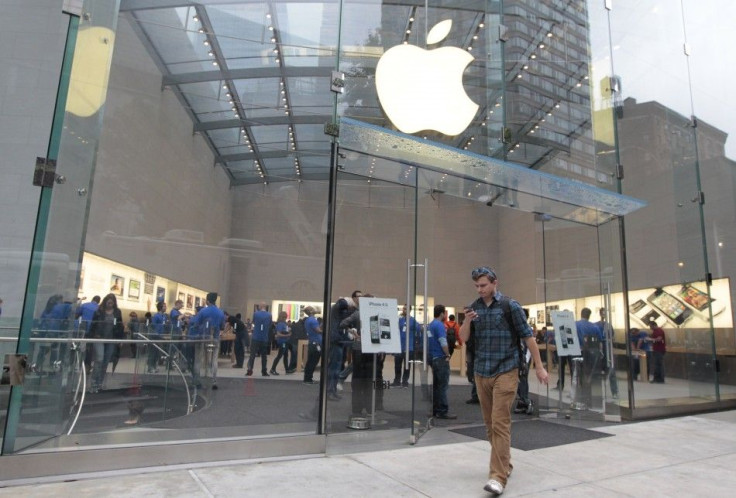Apple Details Government Requests For User Information For The First Time; US Tops Request List

Apple Inc. (NASDAQ:AAPL), for the first time on Tuesday, disclosed the number and type of requests it received from governments worldwide for user information, and joined the league of big technology companies that have protested the U.S. government’s stance restricting companies from revealing official requests for user data.
Cupertino, Calif.-based Apple, in its first transparency report issued on its website, provided statistics on requests related to customer accounts and device information that it received in the first half of the current fiscal year. The disclosures in Apple’s report are similar to those made by other technology majors such as Google Inc (NASDAQ:GOOG), Microsoft Corp. (NASDAQ:MSFT) and Facebook (NASDAQ:FB) over the past few months, following a controversy sparked by revelations made by Edward Snowden, who worked as a contractor at the U.S. National Security Agency.
Apple, in its report, registered its protest against government restrictions on revealing specific details about the type and number of requests it receives from governments and called for greater transparency in the process.
"We feel strongly that the government should lift the gag order and permit companies to disclose complete and accurate numbers regarding FISA (Federal Intelligence Surveillance Act) requests and National Security Letters," Apple said in its report. "We will continue to aggressively pursue our ability to be more transparent."
According to the report, Apple received between 1,000 and 2,000 account information requests from U.S. law enforcement agencies on 2,000 to 3,000 Apple accounts, and it revealed information on zero to 1,000 requests in the first half of the year. Apple and other companies are allowed to report requests only in a consolidated range in increments of 1,000.
“At the time of this report, the U.S. government does not allow Apple to disclose, except in broad ranges, the number of national security orders, the number of accounts affected by the orders, or whether content, such as emails, was disclosed,” Apple said.
According to the data, out of the 31 countries listed, the U.S. government made the highest number of requests by seeking user information details about more than 2,000 accounts, followed by the UK, which requested information affecting 141 accounts, and Spain, which sought details on 104 accounts.
Apple also said that it filed a letter with the Foreign Intelligence Surveillance Court supporting a group of cases requesting greater transparency and that it would file a second letter, later this year, at the Ninth Circuit with respect to National Security Letters.
Apple's report added that the company had approached the authorities seeking relief from the restrictions, and noted that the issue could be solved by “dialogue and advocacy” rather than by filing a law suit against the U.S. government.
© Copyright IBTimes 2024. All rights reserved.












